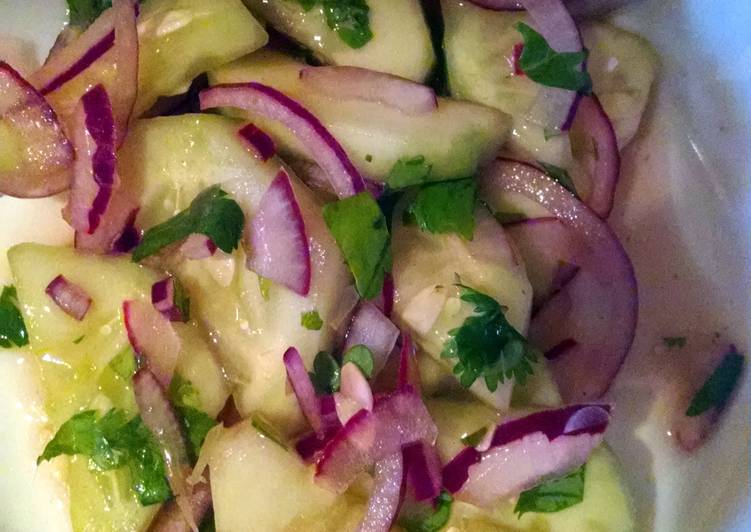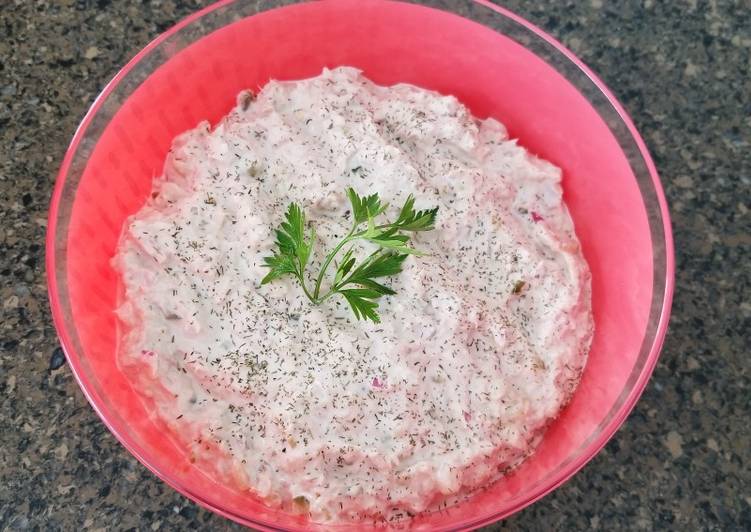Recipe of Tasty Sweet & Spicy Dijon Honey Chicken

Sweet & Spicy Dijon Honey Chicken Recipe. How to prepare it? What are the ingredients? Cooking tips and more… This is one of my favourite food recipe, this time i will make it a little bit tasty.
Their best known line-up consisted of lead vocalist Brian Connolly, bass player Steve Priest. Subscribe to The Sweet Band Official YouTube channel!
Here is the best “Sweet & Spicy Dijon Honey Chicken” recipe we have found so far. This will be really delicious.
Ingredients of Sweet & Spicy Dijon Honey Chicken
- Prepare 4 of chicken thighs, skin removed.
- Prepare of rub for meat:.
- Prepare 2 tsp of garlic powder.
- Take 1 1/2 tsp of chili powder.
- It’s 1 1/4 tsp of salt.
- You need 1 tsp of cumin.
- It’s 1 tsp of onion powder.
- Make ready 1/2 tsp of smoked paprika.
- Make ready 1/2 tsp of paprika.
- You need 1/2 tsp of chipotle powder (or more of chili powder if none).
- You need 1 1/2 Tbsp of olive oil.
- Prepare of sauce:.
- You need 1 Tbsp of dijon mustard.
- Make ready 1 Tbsp of spicy brown mustard.
- Take 1/3 C of honey.
- It’s 1 Tbsp of apple cider vinegar.
- It’s 1 tsp of lemon juice.
- You need of cooking spray.
Sweet & Spicy Dijon Honey Chicken step by step
- Preheat oven to broil with rack put on second slot.
- Use a foil covered baking sheet. Spray with cooking spray.
- Mix the rub ingredients together in a bowl. Rub it all over the meat and put meat on baking sheet. Broil meat for 6 minutes each side..
- Mix liquids in a small bowl..
- After 12 minutes of broiling, take meat out. Brush the meat generously with the sauce. Put back under the broiler for 2 minutes. Serve with favorite vegetables..
Sweet Melody — Little Mix. sweet [swi:t]Прилагательное. sweet / sweeter / sweetest.From Middle English sweete, swete, from Old English swēte ("sweet"), from Proto-West Germanic *swōtī, from Proto-Germanic *swōtuz ("sweet"), from Proto-Indo-European *swéh₂dus ("sweet").




